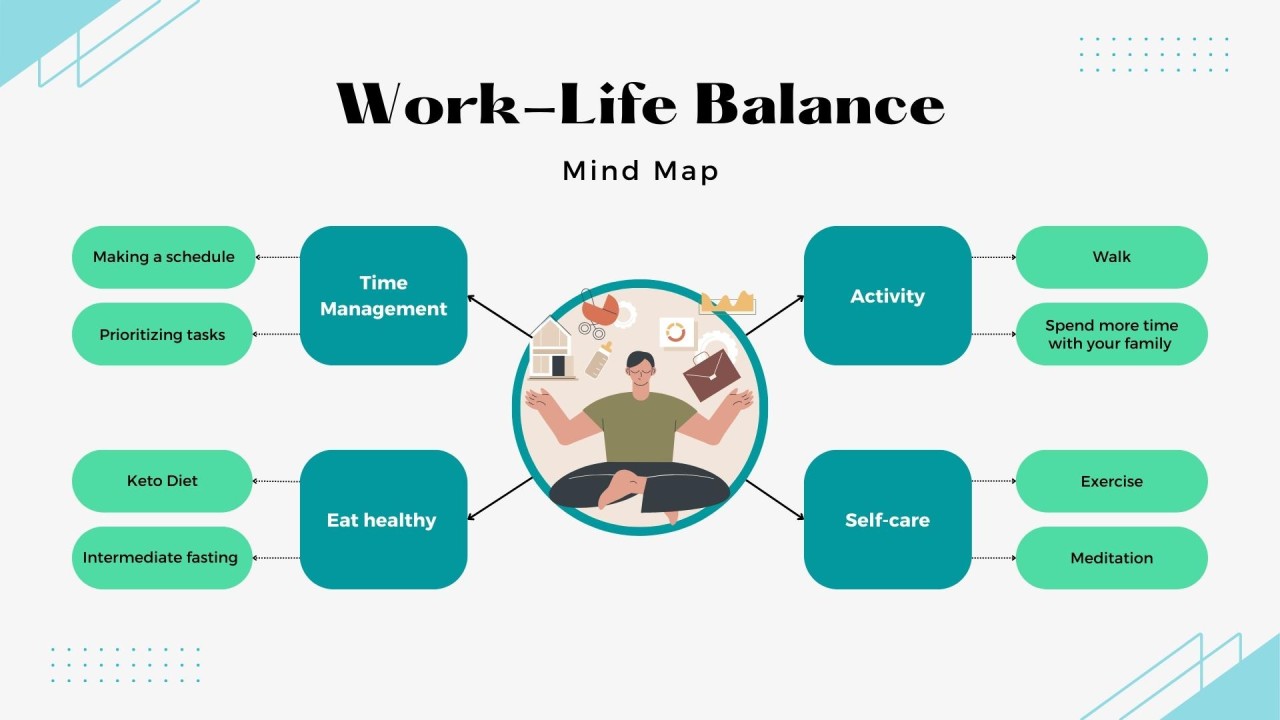As a modern professional, finding the right balance between work and life has become a quest that many of us embark on. We live in a fast-paced world where technology connects us 24/7, making it increasingly difficult to disconnect from work and dedicate time to our personal lives. However, it is essential to prioritize our well-being and find strategies to achieve this delicate equilibrium. In this blog post, I will share some personal insights and useful strategies to help you achieve a better balance between work and life.
First and foremost, it is crucial to set clear boundaries between work and personal time. When we are constantly connected to our devices, it becomes challenging to switch off and unwind. One strategy that has worked wonders for me is establishing designated work hours and sticking to them. By creating a schedule and communicating it to both colleagues and loved ones, you can ensure uninterrupted personal time. This not only allows you to recharge but also demonstrates your commitment to maintaining a healthy work-life balance.
Another strategy that has proven invaluable is learning to say “no.” As ambitious professionals, we often feel compelled to take on every task that comes our way. However, this can lead to overcommitment and burnout. Taking on too much not only affects our ability to deliver quality work but also eats away at our personal time. It is crucial to evaluate each request and, if it does not align with your priorities or values, politely decline. Saying “no” allows you to preserve your energy and focus on tasks that matter most, both at work and in your personal life.
Additionally, establishing daily routines and rituals can make a significant difference in achieving work-life balance. Incorporating activities that bring joy and relaxation into your daily routine is essential. Whether it’s reading a book, going for a walk, or practicing yoga, make sure to set aside time for activities that rejuvenate you. These small rituals provide a sense of structure and help create boundaries between work and personal life.
One aspect that often gets neglected is the importance of taking care of our physical and mental well-being. Neglecting our health not only affects our personal lives but also our productivity at work. Make self-care a priority by engaging in regular exercise, eating nutritious meals, and getting enough sleep. Engaging in activities that promote mindfulness, such as meditation or journaling, can also be beneficial in reducing stress and promoting mental clarity. By taking care of ourselves, we can approach our work with more energy and focus.
Moreover, it is essential to nurture relationships outside of work. Building a support network of friends and loved ones is crucial for our well-being. Make it a point to schedule regular time for social activities and maintain meaningful connections. Surrounding yourself with positive influences and engaging in activities that bring you joy can greatly enhance your work-life balance. Remember, the relationships we cultivate outside of work are just as important as the ones we build within our professional lives.
Furthermore, I believe that setting realistic expectations is vital in achieving work-life balance. We live in a society that often glorifies busyness, making it challenging to disconnect from work. However, it is crucial to accept that sometimes, achieving balance may require compromises. Understand that striving for perfection in all areas of life may not be feasible, and that is okay. Instead, strive for progress rather than perfection. Focus on what truly matters to you and align your priorities accordingly. By setting realistic expectations, you can avoid unnecessary stress and achieve a healthier balance.
Lastly, it is essential to periodically evaluate and reassess your work-life balance to ensure ongoing alignment with your goals and values. Life is constantly changing, as are our needs and aspirations. What worked for us in the past may not be relevant in the present. Be open to reassessing your priorities and making necessary adjustments. Regular reflection and self-awareness are key to maintaining a healthy work-life balance.
In conclusion, achieving work-life balance is an ongoing journey that requires conscious effort and commitment. By setting clear boundaries, learning to say “no,” establishing daily routines, prioritizing self-care, nurturing relationships, setting realistic expectations, and periodically reassessing, we can find harmony in our professional and personal lives. Remember, finding balance is not about dividing our time equally; it is about allocating our time effectively to what matters most. It is about creating a fulfilling life where professional success and personal happiness go hand in hand.



